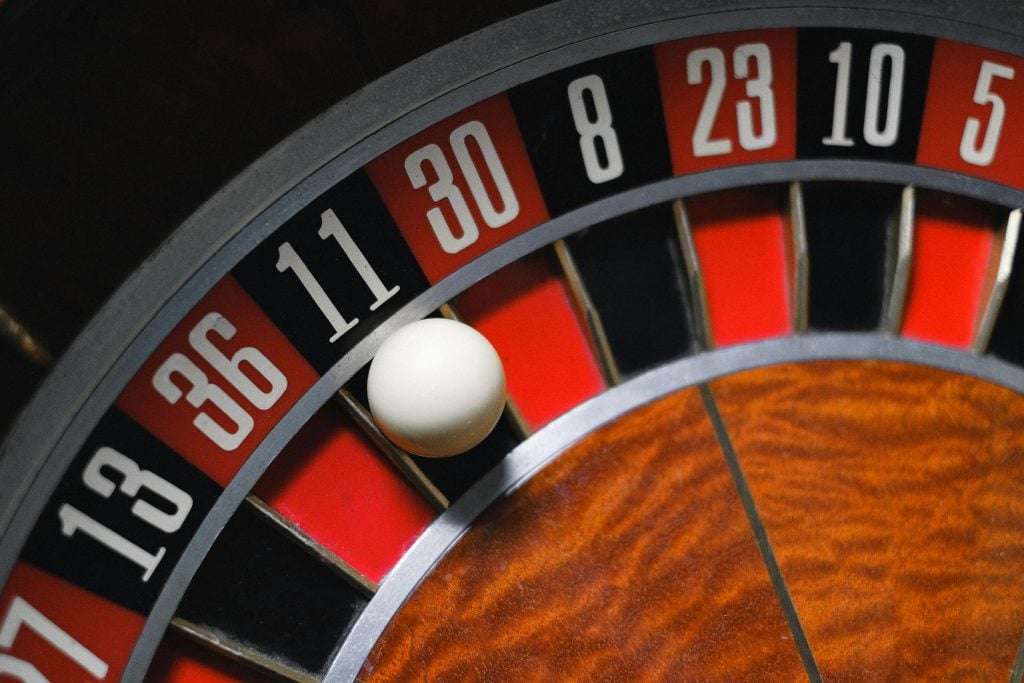It went from the locker room to the writer’s room and now to the gaming floor. Data is clearly reshaping the rules of both sport, cinema and casino play. What started as a baseball revolution has become a blueprint for how you understand competition, creativity and chance.
It’s been over a decade since Moneyball hit theaters, but its ripple effects are still visible across sports and entertainment. A niche story about a baseball general manager defying tradition evolved into a global fascination with how to use data to outthink fate. Today, analytics drive everything from team selection, to film production and even how players and fans engage with predictive gaming platforms where probability and play now share the same stage.
From Dugouts to Digital Casinos
When Moneyball hit theaters in 2011, it showed how data could override intuition. How Billy Beane used statistics to outsmart richer baseball teams became shorthand for a new way of thinking. It is a way of thinking where numbers, not luck, determine success.
That same philosophy now shapes how many people approach casino gaming. You don’t need to purely rely on instinct anymore; you can analyze volatility, return-to-player rates and betting patterns with the same logic that once redefined baseball. It’s a shift in mindset, from gut feeling to informed risk-taking, where understanding probability is part of the thrill.
Online platforms have amplified this mindset. Data tools, transparent odds and even live-dealer games allow players to see and interpret information in real time. Whether exploring features at Caesars online casino or comparing trends across other gaming platforms, today’s players take strategy seriously, not to predict every outcome, but to play smarter within the odds.
Sports Analytics Turned Into Pop Culture
The clear brilliance of Moneyball wasn’t the math but the story. It showed what happens when logic and intuition collide, turning data into something deeply human. That clash, between what the numbers say and what the heart wants, still fuels the best narratives in both film and sport.
Streaming series like Netflix’s Break Point or Formula 1: Drive to Survive build on the same tension that made Moneyball timeless. They pair cold statistics with sweat, fear and hope. Behind every algorithm is an athlete trying to beat it and behind every prediction is a fan chasing the thrill of being right.
It’s the same reason that fantasy leagues, live odds and online casinos have turned analysis itself into a form of entertainment. As a fan today, you don’t just watch games; you study them, compare numbers and test your instincts against probability. The entertainment is also now about feeling part of the prediction that made it happen.
Hollywood’s Data Obsession
The film industry has also since caught the Moneyball bug. In recent years, studios have clearly embraced analytics to shape decisions once guided by gut instinct. For. For example, these algorithms are increasingly used to forecast box office performance, analyze scripts, and even predict which actors will draw the biggest audiences.
In a similar way, analytics have transformed how fans approach casino play and sports betting. Data certainly doesn’t live in spreadsheets alone; it’s become part of the thrill itself, shaping how players read odds, anticipate outcomes and find their own version of an underdog victory.
Yet, just like in Moneyball, data analytics has a limit. The human element still drives the magic. No algorithm could have predicted that a film about baseball economics would earn six Oscar nominations or inspire a generation of sports thinkers.
Somewhere Between Probability and Passion
In both film and sport, analytics has changed how you define success. Data can suggest the best play or the most bankable plot, but it just cannot capture the moment when a player hits a home run against all odds or when a director takes a creative risk that shouldn’t work but does.
Billy Beane’s famous frustration was that even the best data couldn’t win him the World Series. That still rings true even in real life. Numbers can narrow the odds, but they can’t erase chance.
This balance between probability and passion has become the defining theme of modern storytelling. You live in a world that wants to measure and control everything, yet what truly moves anyone remains unquantifiable.
Where Numbers End and Stories Begin
If Moneyball taught audiences that numbers matter, the years since have certainly shown that emotion is still king. Sports teams use sensors and real-time analytics to gain microscopic advantages, while players in the betting world use odds and insights to guide their next move. But the enduring appeal of both industries comes from their unpredictability.
In the same way audiences still crave surprise, the heart will still hope for a different outcome from data predictions. That’s why even the most analytical bettors still, to some degree, rely on intuition.
The multiverse of modern competition, where every outcome has a model and every decision has a proven dataset, still needs one thing no algorithm can provide: belief in the impossible. Whether on the diamond, the big screen or the casino floor, the magic happens in that space between numbers and narrative. The impossible could still happen.

Hi! I’m Bryan, and I’m a passionate & expert writer with more than five years of experience. I have written about various topics such as product descriptions, travel, cryptocurrencies, and online gaming in my writing journey.






